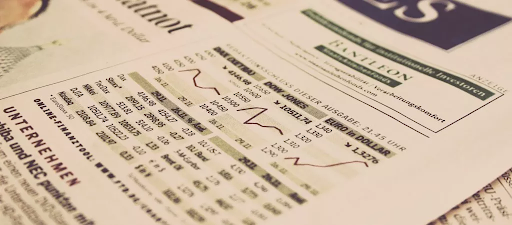
Trading Currency: Forex or Currency ETF Funds on USD, EUR, and Other Currency Pairs?
ETFs have provided access to previously hard-to-reach corners of the market, including foreign stocks, commodities, and alternative asset classes. The interest of traders and investors in currency ETFs is growing, as these assets significantly simplify tasks related to entering the currency market.
How Currency ETFs Work
Currency ETFs replicate the changes in the quotations of currencies traded on the international foreign exchange market (forex) relative to the U.S. Dollar (USD) or a basket of currencies. This is achieved by using cash deposits, for example, holding euros or Swiss francs, or by using derivative financial instruments such as futures and swap contracts in forming such an ETF fund.
If you believe that the euro and other active global currencies, or an entire currency basket, will rise or fall against the dollar, then currency ETFs can help you profit from this. When you buy a currency ETF, you are betting on the currency’s rise, and when you go short, you are betting on its fall. This is a quick way to make money on the movements of the currency market by using your trading account on the U.S. stock market.
What Is the Difference?
There are two main types of currency ETFs: those that replicate a certain currency relative to the U.S. dollar—essentially direct analogs of dollar currency pairs—and those that replicate a basket of currencies relative to the U.S. dollar, which is more of a portfolio approach.
For example, let’s look at an ETF specialized in a single currency. CurrencyShares Euro Trust (FXE A) is an ETF that reflects the movement of the euro-dollar currency pair. The figure shows the charts of our ETF and the EUR/USD pair (pink) over an 8-month period. We see that this is practically 100% correlation.
CurrencyShares Euro Trust (FXE A) | Fondexx
Now let’s consider an ETF that reflects a basket of currencies, such as the Dreyfus Emerging Currency Fund (CEW A). This ETF consists of a basket of currencies from emerging market countries closely tied to the U.S. dollar. This ETF allows you to bet on the dollar more broadly.
ETPs (exchange-traded products) are ETFs specializing in currencies. The table below lists ETPs specialized in a single currency.
ETPs specializing in a basket of currencies:
Conclusions
Different ETP products provide investors and traders with different levels of risk and, accordingly, different opportunities for return on investment. Portfolio investing in currencies (baskets of currencies) should theoretically be more stable than products specialized in a single currency. Although this does not mean that baskets are not subject to volatility. Sometimes these currency baskets can be very volatile, especially if some local/regional important news or events occur. One type of product is not better than the other, and before choosing any ETP, an investor should carefully weigh all the risks and seek advice from leading specialists and analysts in the field of trading.
Register and receive a free consultation, as well as an invitation to professional training in trading stocks and ETFs on leading stock exchanges from the best traders of Fondexx.
